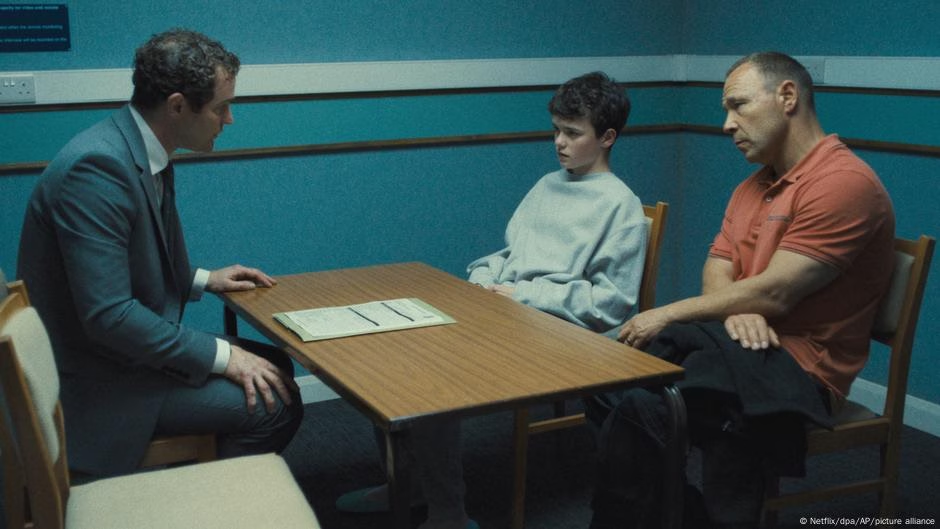The release of Netflix’s “Adolescence,” a series focusing on the impact of online radicalization, particularly by figures like Andrew Tate, on young boys, has reignited concerns about the negative effects of excessive internet use on teenagers’ mental health. This has even influenced policy, prompting UK Prime Minister Keir Starmer to call for government action on the issue of online radicalization among young boys.
Historically, each generation of parents has been concerned about external influences corrupting their children, from Socrates in ancient times to the Rolling Stones in the 1960s. However, the current panic over smartphone use is supported by scientific research indicating that excessive screen time contributes to an increase in physical and mental health issues among teenagers, including reduced attention spans and disrupted sleep patterns.
Research suggests that while the amount of time spent online is a factor, the type of content consumed is equally important. Teenagers are often exposed to misinformation, conspiracy theories, and extreme ideologies, which can shape their world views and contribute to increased rates of gender-based violence. The addictive nature of content on smartphones, fueled by algorithm-driven platforms, can also lead to the unwitting absorption of harmful narratives, such as those promoting misogynistic ideologies.
Health experts argue that a sedentary lifestyle, coupled with high levels of screen time and the consumption of processed foods, is detrimental to teenagers’ health. Moreover, the rise in atopic conditions like asthma and eczema in Western countries suggests a broader link between lifestyle and health. Experts call for educational programs that emphasize the importance of exercise and a healthy diet, noting that such lifestyles can reduce chronic pain.
To address teen health, some countries are implementing laws to restrict smartphone use in schools and social media access for under-16s. However, experts caution that adult guidance and education about digital literacy are crucial in helping teenagers build resilience against the dangers of the online world.
Practical measures for parents to foster a healthy balance between screen time and offline activities include setting clear boundaries, encouraging alternative hobbies, engaging in open discussions about online content, and using parental control tools to limit screen time and filter content. Adults should also be mindful of their own screen habits, as they set an example for their children.
Ultimately, the goal is to help teenagers develop a healthier relationship with technology, not to eliminate screens entirely. Conversations, boundaries, and education about media literacy are key to navigating the digital world safely.
Source: https://www.dw.com/en/netflix-s-adolescence-teen-minds-on-screen/a-72129827?maca=en-rss-en-all-1573-rdf







